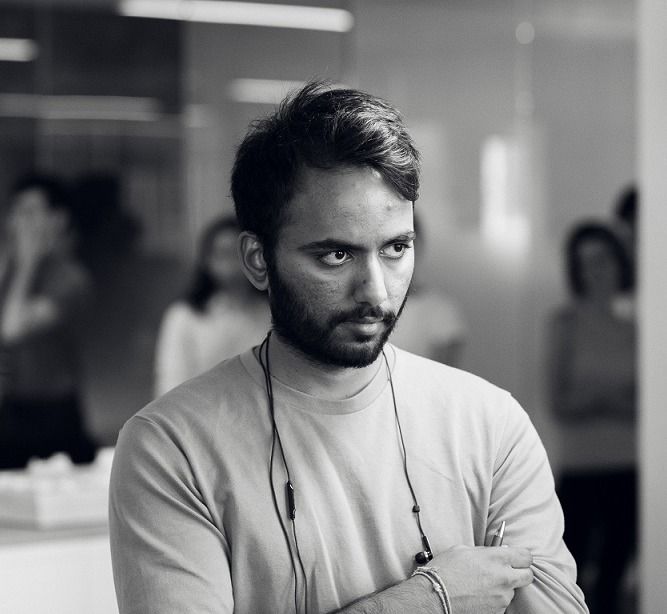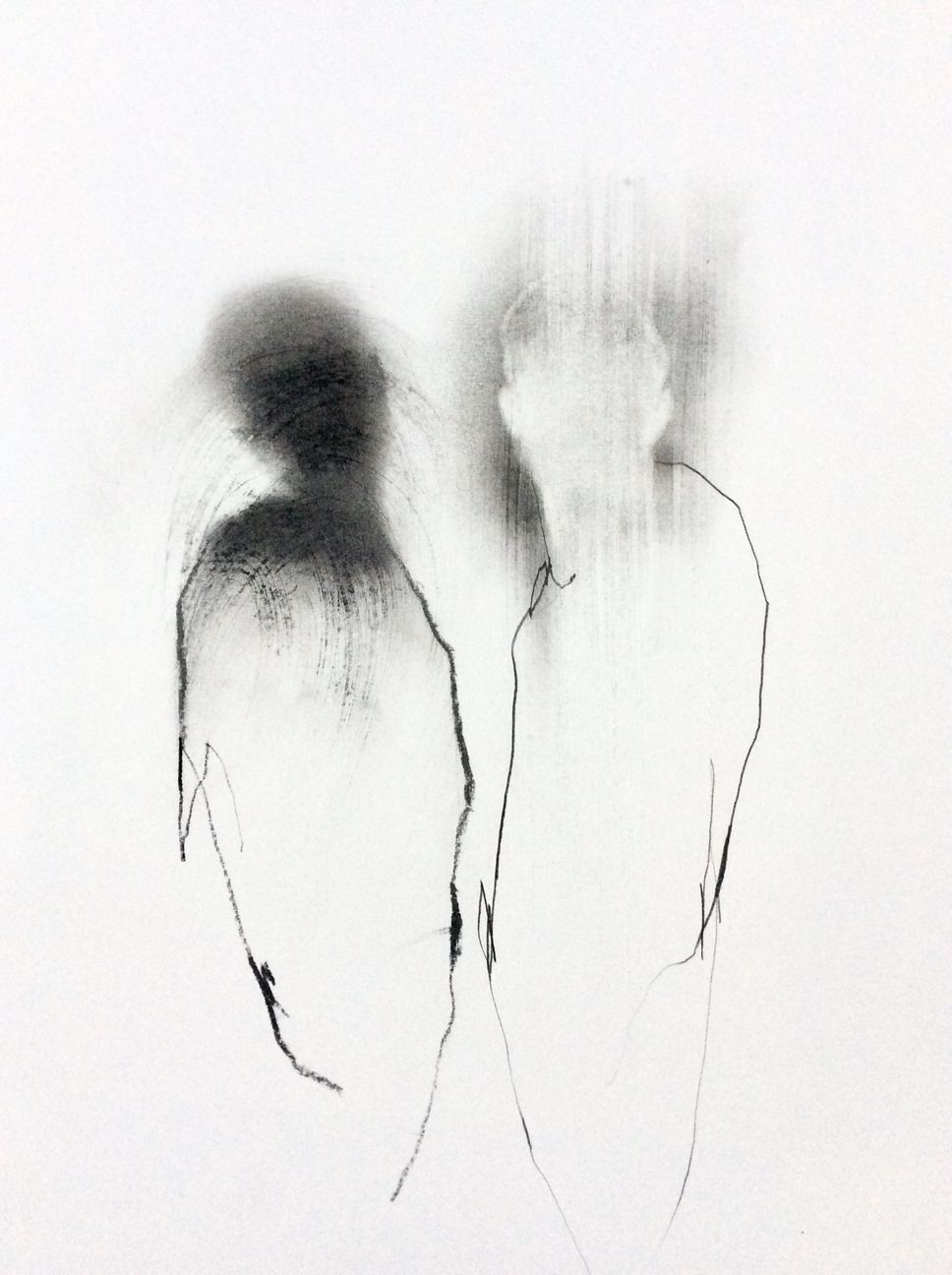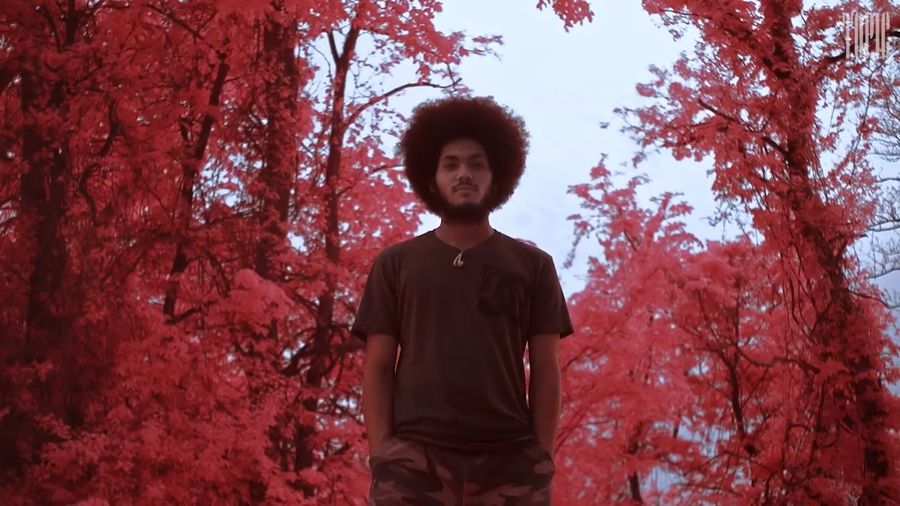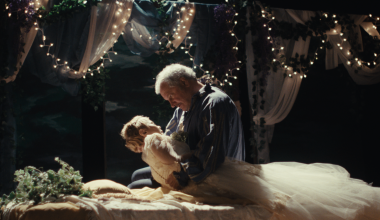Last week, a Malaysian Chinese friend of mine told me that his ability to empathize was working against him. He primarily expresses himself through filmmaking but lately has been feeling like his role on set has morphed into an emotional crutch whose function ends after a long day. This is reflected in the development meetings he takes as well. He acts as a mirror for the executives’ creative urges instead of bringing out his own point of view. He’s confused on how to get out of the cycle. Empathy was his superpower. He grew up believing that the best way to make friends in a new country was to be a kind and gracious person even if the people he was trying to be friends with barely understood the meaning of those words. He sat in the back of class, always auditing. He was grateful when called upon to play in the pickup game.
“I’ll pass the ball and let you take the shot,'' he'd say. “I’m just happy to be here.”
Assimilation, I think, is a learned behavior. Kids act on instinct when they’re comfortable in their surroundings, expressing joy as it comes in waves.

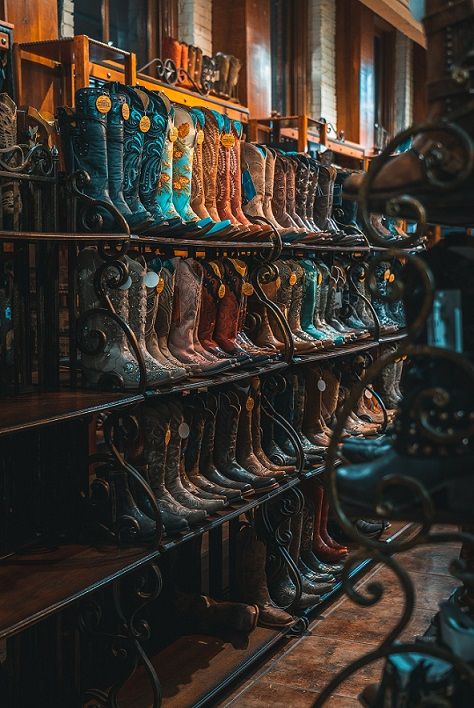
I was born in New Delhi but I grew up in Central Texas. Cicadas were the soundtrack to the nighttime walks my parents and I would take around the neighborhood. Every now and then I’d see a classmate pull out of their garage on a Mongoose bicycle. We’d nod to each other. My parents were delighted by those interactions, noting evidence that I was fitting in nicely. It was easy to fit in during those walks because everything looks the same at night.
The differences showed face under the fluorescent lights of the cafeteria where my lunch looked and smelled appallingly different than what the school was serving that day. My parents and I made active efforts to create some distance from our culture. English became the only language spoken at home. My Indian accent was corrected by the 7th grade, instead adopting an amorphous nebbish New Yorker voice that I must’ve taken from watching back-to-back episodes of Seinfeld with my dad. I joined the football team instead of the math club, shortened my name by a syllable, and exclusively wore American Eagle as if the brand loyalty would grant me an honorary stamp on my passport. Normalcy was the name of the game but I would never truly achieve it in either world.
A shame built up inside when I realized the double life I’d fallen into.
Conversations in my native tongue glossed over me when an auntie came to visit, matched only by a touch on the knee and an understanding glance, further isolating me into the no mans land of identity.
I looked to TV screens for pointers of how I should be acting. On repeat, we played a freakish mixture of comedic punching bags, asexual geniuses, hyper-sexual muses, and hairy, smelly self- scarifiers. I adopted some of the nicer characteristics but they only seemed to put me into smaller boxes. I looked to the protagonists instead and they were usually white.
I wanted to be them. I’d be truly American if I was.
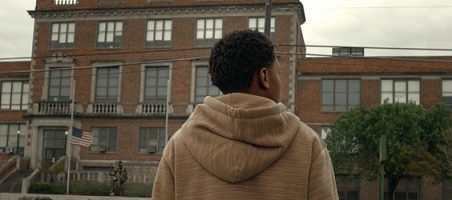
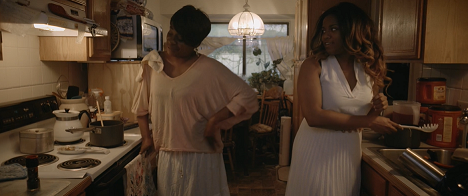
It took about a decade to snap out of that train of thought.
It’s still a battle on the days when an executive sitting across from you says that your pitch with POC characters is too “issue based." That’s not an issue for me, that’s leveling a playing field.
The thought of another kid in my position wasting precious years of their life trying to format themselves to be “normal” drives me to work on expanding the visibility of our representation. I want to broaden the scope of the types of roles marginalized characters are allowed to play on screen and create comfortable spaces for myself and others to get intimate with the parts of themselves they thought were too foreign for American eyes.
If assimilation is a learned behavior, we can teach ourselves to forget it too.
We can keep the good parts. I’m a fan of Indo-Chinese cuisine and mixing Jordans with kurtas, but to move away from the shame, the cutting down of our talents, and the constant qualifying of our perspective we will need help from those already in power. If you’re a part of a marginalized community who is lucky enough to have a persuasive voice, be sure to make space for those who aren’t as developed as you. Hire the quieter person in the room because maybe they have something deeper to say. Steer conversations away from enforcing a single idea of how to be accepted. Soon enough we will redefine the idea of being American as something we need to fit into and turn it into something we’re all happy to be a part of.
Vishnu Vallabhaneni
Born in India and raised in Texas, Vishnu's writing and directing work often regards the repercussions of being a body stuck between ethnic and social identities. While at UT Austin’s production program, Vallabhaneni wrote, directed and edited the short film, Sunshine and Rain. The short screened at New Orleans Film Festival, and Dallas International Film Festival before acquiring distribution online. Sunshine was accepted into a short-to-feature incubator program and is the companion piece to his feature, Chameleon. Vishnu was also the head writer and producer of the NPR podcast, Don't @ Me with Justin Simien, a creative conversation series with guests like Ava DuVernay, Zazie Beetz, Boots Riley, Barry Jenkins and Issa Rae. He has also written copy for and consulted on the marketing of tech and healthcare startups in San Francisco. His most recent short film, 1/30, was shot this summer in New York as a part of the 2019 AT&T Hello Lab with Lena Waithe as his mentor. The film is set on the first day of Ramadan following a Black American man struggling to find his place in his Muslim identity. The short will be released on DirecTV Now, November 2019.
Direct Email: [email protected]
